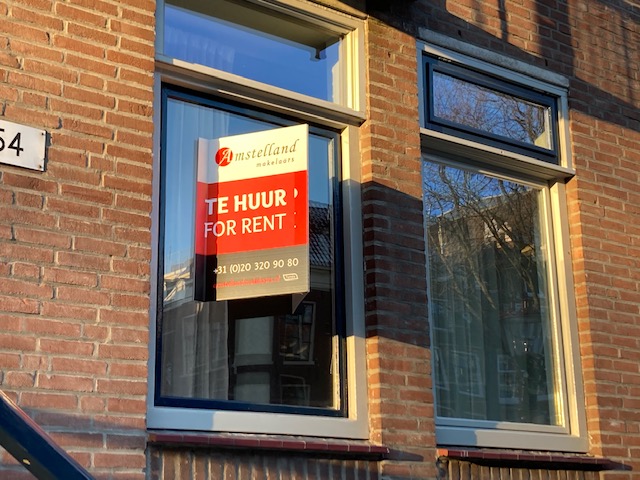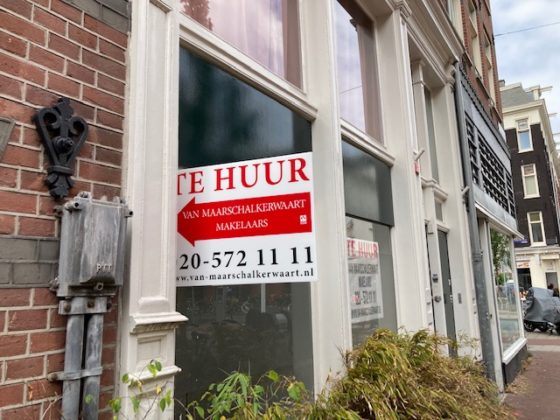Government intervention has major impact on housing rent rises


This year’s rent increase round was the most modest since 1960, with social housing tenants paying just 0.3% more, according to new figures from national statistics office CBS.
In the non-rent controlled sector, rents for existing and new contracts rose by an average of 2.2%, the CBS said.
The limited rise follows a government decision to freeze social housing rents and to limit free sector rent rises to inflation plus 1%, or 2.4% in total, for the next three years. The measure was introduced in an effort to offset the impact of coronavirus on spending power.
Earlier research has shown that the price of non-rent controlled property (more than €752 a month) is actually going down for new tenants. In Amsterdam, for example, rents for new tenants have dropped for four consecutive quarters and are now down nearly 7% on a year ago.
Nevertheless, new tenants in the capital are still paying €21.53 per square metre, or an average of €1,292 for a 60 square metre flat.
On average, rents in new contracts were up 7.2% in July, compared with 9.5% in 2020, the CBS said.
Housing rents in the Netherlands traditionally go up every July.
Thank you for donating to DutchNews.nl.
We could not provide the Dutch News service, and keep it free of charge, without the generous support of our readers. Your donations allow us to report on issues you tell us matter, and provide you with a summary of the most important Dutch news each day.
Make a donation